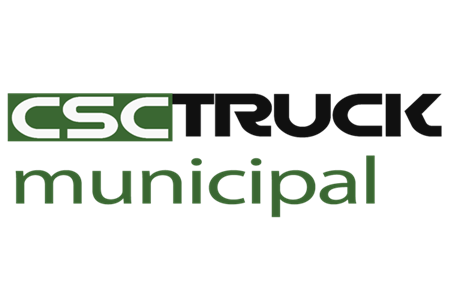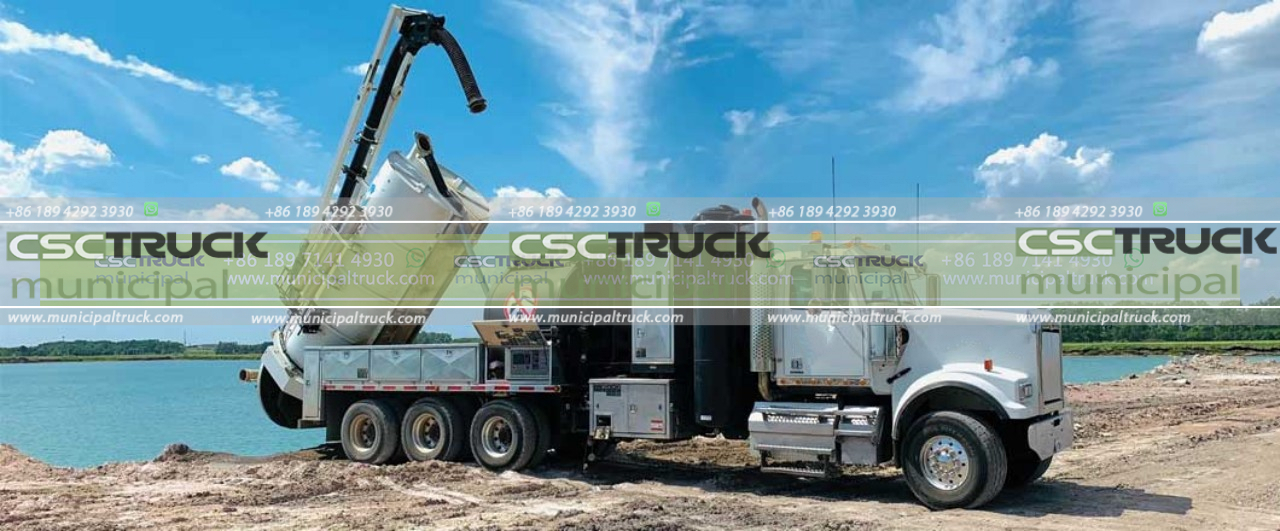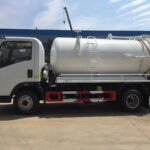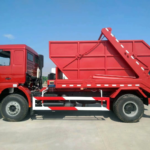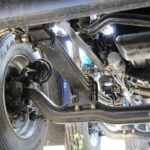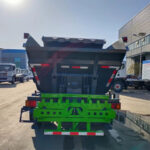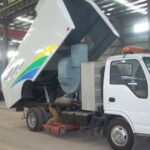Efficient waste management is a crucial aspect of modern infrastructure. As urban areas expand and populations increase, the need for effective and sustainable waste disposal systems becomes ever more pressing. In this context, vacuum sewer trucks have emerged as a game-changer, revolutionizing the collection process and maximizing efficiency. By harnessing the power of vacuum technology, these trucks offer a host of benefits, ranging from increased productivity to reduced environmental impact. In this article, we will explore how vacuum sewer trucks are transforming waste collection and revolutionizing the way we manage sanitation systems.
Vacuum sewer trucks are specially designed vehicles equipped with powerful vacuum pumps and storage tanks. They are primarily used for the collection of liquid waste, such as sewage, from residential, commercial, and industrial areas. The fundamental principle behind their operation lies in the creation of a vacuum that sucks waste into the storage tank, eliminating the need for manual labor or traditional gravity-based collection methods.
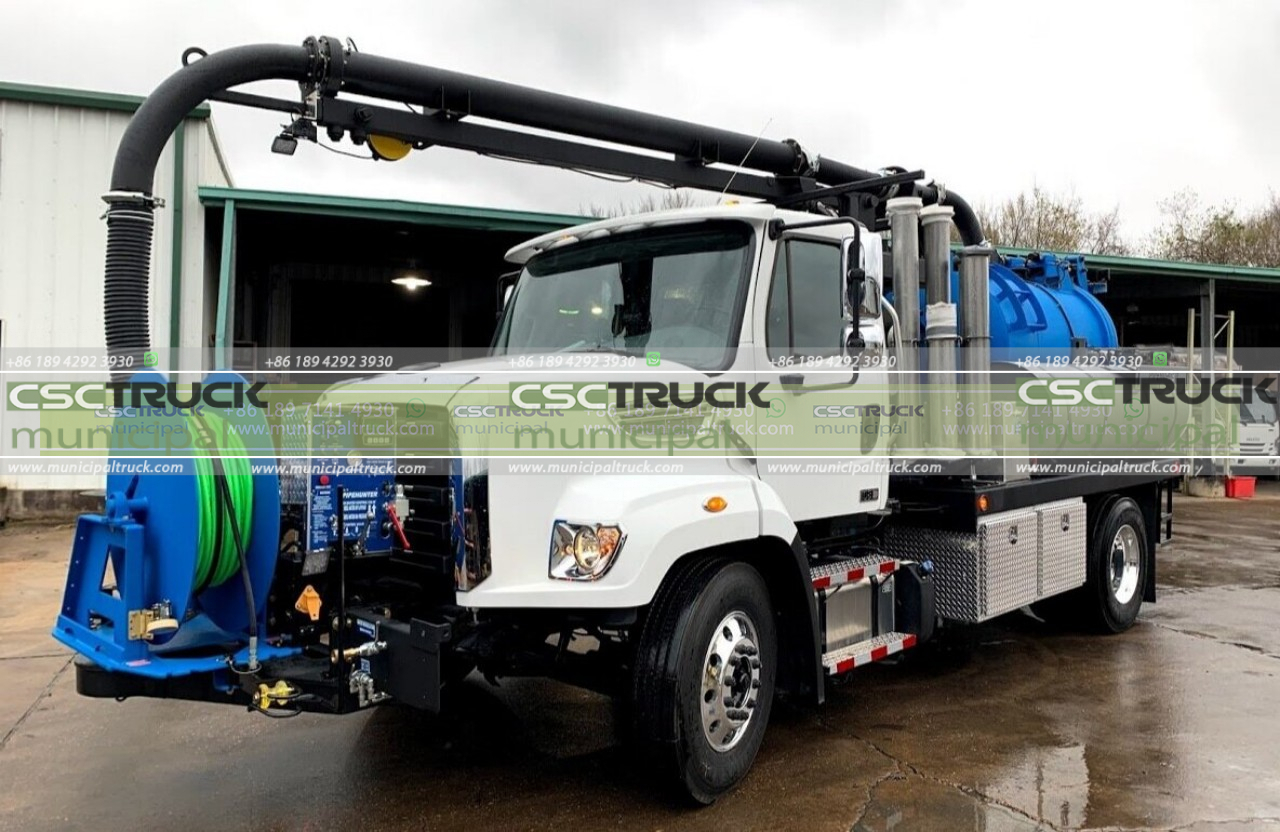
One of the most significant advantages of vacuum sewer trucks is their ability to streamline the collection process. Traditional waste collection systems rely on gravity to transport waste from individual properties to a central point, often requiring an extensive network of underground pipes. This infrastructure can be costly to build and maintain, especially in areas with challenging topography. Vacuum sewer trucks, on the other hand, are highly adaptable and can reach even the most remote locations with ease. By eliminating the need for gravity-dependent systems, they minimize the complexities and costs associated with laying extensive pipelines.
Furthermore, the use of vacuum sewer trucks reduces the time required for waste collection significantly. These trucks can navigate through neighborhoods, making stops at each property to collect waste quickly. The vacuum system efficiently sucks up the waste, ensuring rapid collection without the need for multiple passes or extended waiting times. This not only boosts the productivity of waste management operations but also minimizes inconvenience for residents, who no longer need to wait for long periods for waste collection services.
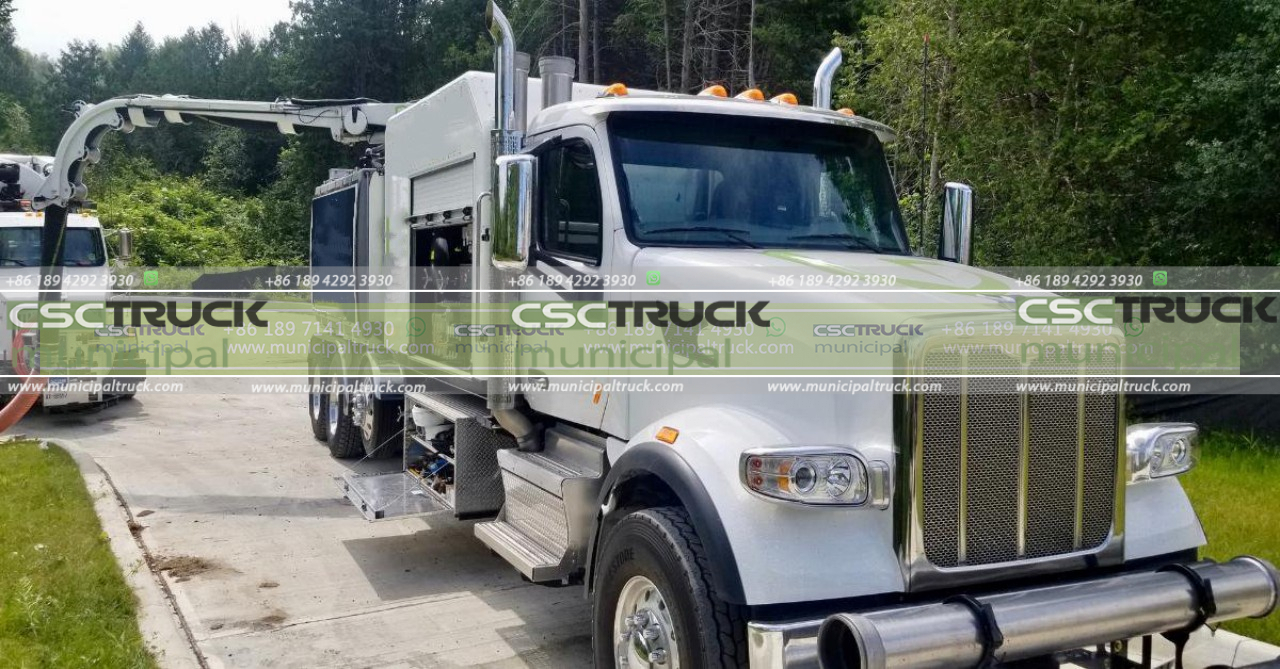
In addition to increased efficiency, vacuum sewer trucks offer notable environmental benefits. Their closed system prevents odor and leakage, ensuring that no harmful substances are released into the environment during collection and transportation. This is particularly advantageous in densely populated areas where the emission of foul odors and the risk of contamination can create significant health hazards. The containment of waste within the vacuum system also reduces the likelihood of spills or leakages, safeguarding water sources and preventing environmental pollution.
Moreover, vacuum sewer trucks play a vital role in promoting sustainability and resource conservation. They are designed to separate liquid waste from solid materials, allowing for the efficient treatment and disposal of each component. The liquid waste collected by these trucks can be transported to treatment plants, where it can undergo purification processes and be recycled for various purposes such as irrigation or energy generation. Similarly, solid waste can be directed to appropriate facilities for recycling or safe disposal. By enabling the separation and proper management of waste streams, vacuum sewer trucks contribute to the circular economy, minimizing resource depletion and supporting sustainable development.
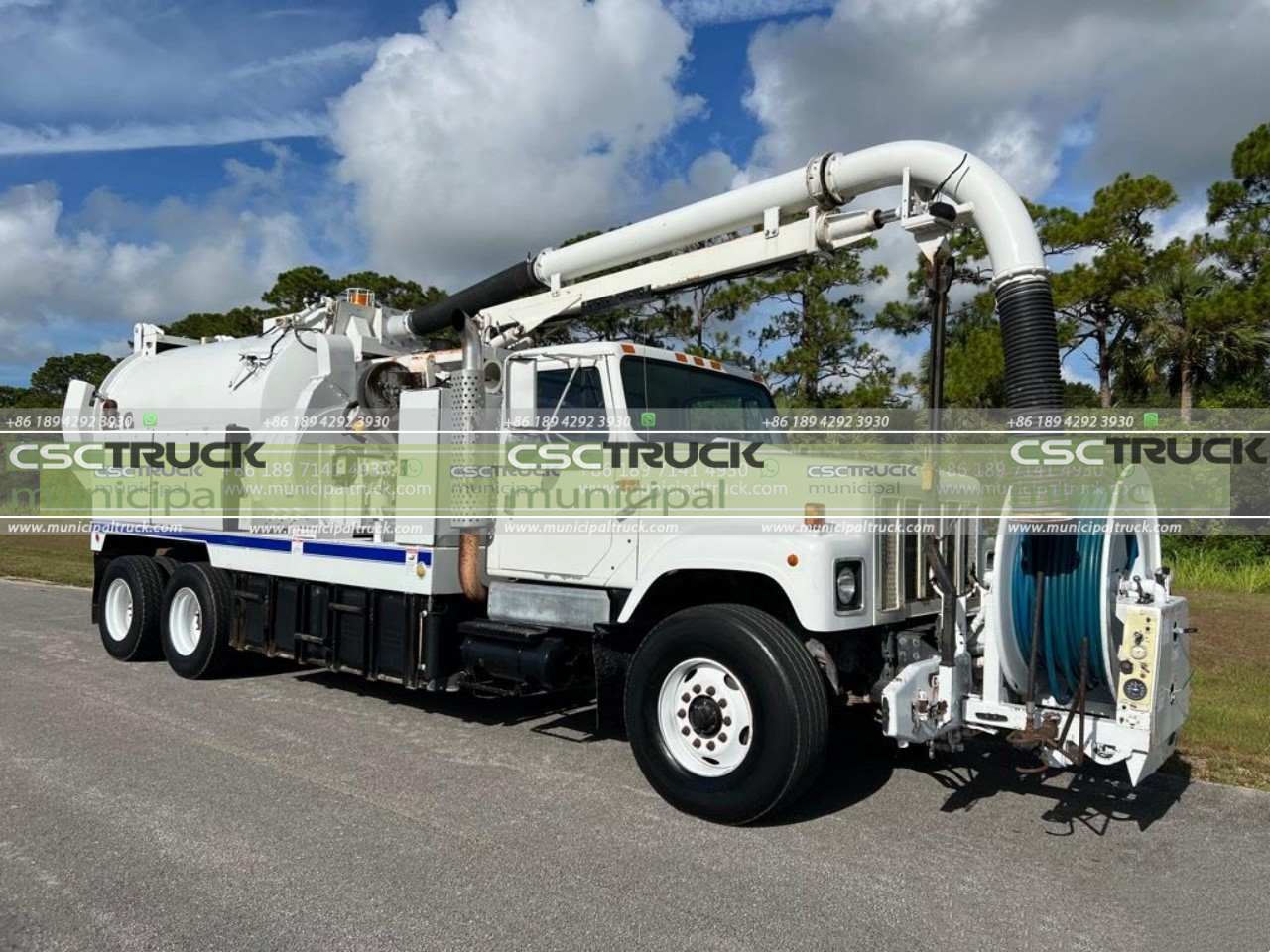
The implementation of vacuum sewer truck systems also presents economic advantages for municipalities and waste management agencies. The initial investment in vacuum sewer trucks and associated infrastructure may require some capital expenditure. However, the long-term operational and maintenance costs are significantly lower compared to traditional systems. Vacuum sewer trucks eliminate the need for extensive underground pipe networks, which can be expensive to install and maintain over time. The streamlined collection process and reduced labor requirements further contribute to cost savings. Moreover, the ability of these trucks to access difficult terrain and remote areas reduces the need for additional infrastructure, optimizing resource allocation and reducing overall expenditure.
To maximize the benefits of vacuum sewer trucks, it is crucial to integrate them into a comprehensive waste management strategy. This includes proper planning, regular maintenance, and ensuring trained personnel operate the trucks. Municipalities and waste management agencies should consider factors such as population density, waste volume, and geographic layout when implementing vacuum sewer truck systems. Conducting feasibility studies and engaging with stakeholders are essential steps to ensure the successful integration of these trucks into the existing sanitation infrastructure.
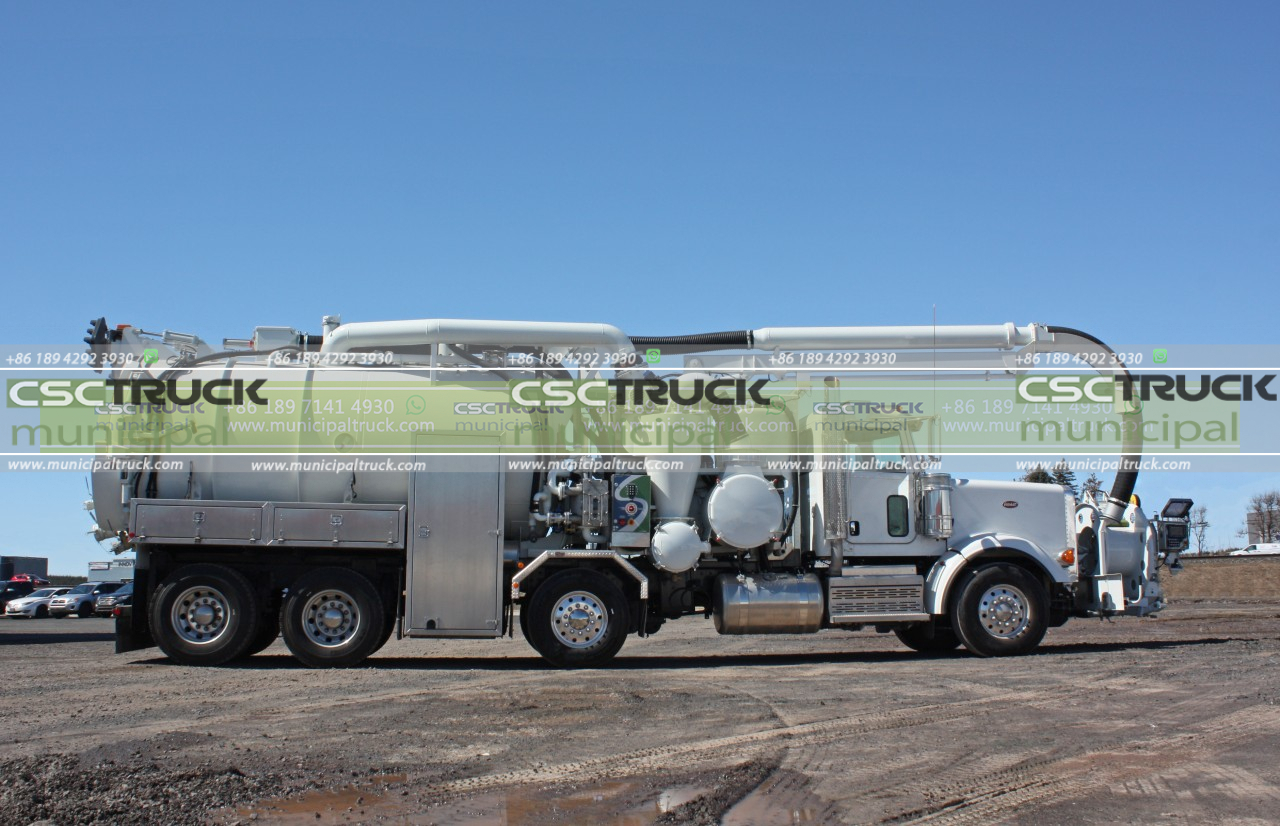
Furthermore, leveraging technology can enhance the efficiency of vacuum sewer truck operations. Advanced monitoring and control systems can be installed to track the status of the trucks, optimize collection routes, and schedule maintenance activities. Real-time data collection and analysis enable proactive decision-making, leading to improved productivity and reduced downtime.
In conclusion, vacuum sewer trucks are revolutionizing waste collection systems by maximizing efficiency and streamlining the process. Their ability to navigate challenging terrain, rapid collection times, and closed system design make them a cost-effective and sustainable solution for waste management. The environmental benefits, such as reduced odor and contamination risks, coupled with the promotion of resource conservation, further underscore their significance. As urban areas continue to grow and waste management becomes increasingly critical, vacuum sewer trucks offer a scalable and adaptable solution to meet the demands of modern sanitation systems. By embracing this innovative technology and integrating it into comprehensive waste management strategies, municipalities, and waste management agencies can effectively address the challenges of waste collection, minimize environmental impact, and optimize resource allocation.
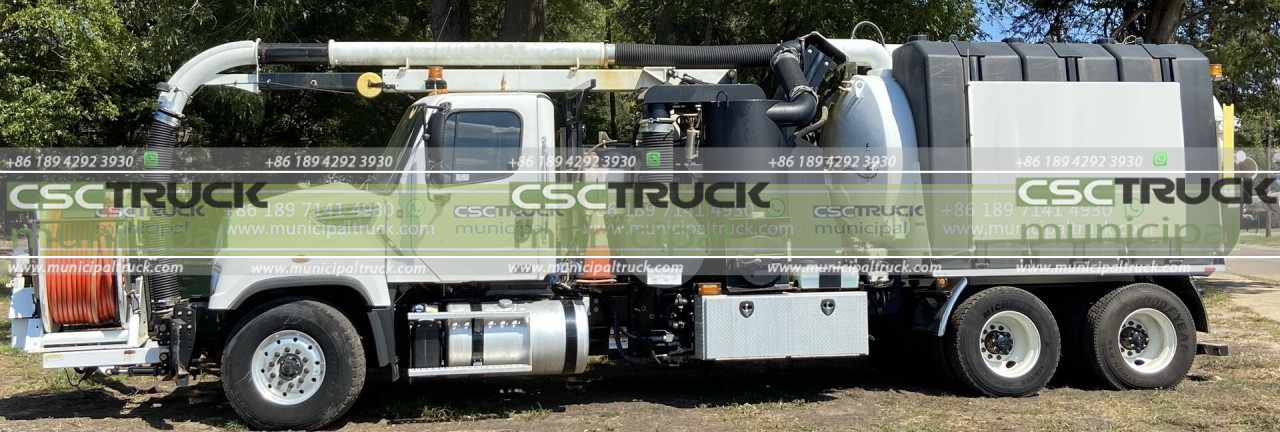
Contact us for this municipal truck or similar trucks: [email protected] Call us or What's APP us: +86 189 4292 3930
